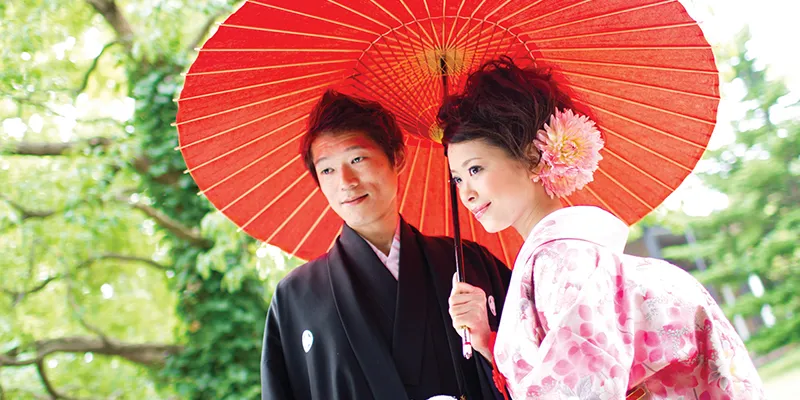How Can I Get A Japanese Spousal Visa?
International marriages have become increasingly common, leading to a need for clear immigration pathways for foreign nationals married to Japanese citizens. Japan recognizes the importance of family unity and provides various immigration options for spouses of Japanese citizens. In this blog, we will explore the immigration options available and the requirements for foreign nationals married to Japanese citizens.
1. Spouse Visa (Spouse of Japanese National)
The Spouse Visa is specifically designed for foreign nationals married to Japanese citizens. This visa allows the foreign spouse to reside in Japan and engage in activities such as employment or study. The key requirements for obtaining a Spouse Visa include:
- a) Genuine Marriage: The marriage between the foreign national and the Japanese citizen must be legally recognized and considered genuine. Supporting documents, such as the marriage certificate, are required as proof.
- b) Financial Stability: The Japanese spouse should demonstrate the ability to financially support the family, ensuring that the foreign spouse does not become a burden on the Japanese welfare system.
- c) Residence in Japan: The couple must intend to reside together in Japan, and the Japanese spouse should be a resident of Japan.
2. Certificate of Eligibility (COE)
Before applying for a Spouse Visa, foreign nationals married to Japanese citizens are required to obtain a Certificate of Eligibility (COE). The COE is issued by the regional immigration authority in Japan and serves as a preliminary evaluation of the applicant’s eligibility for the visa. The COE application requires supporting documents, including proof of marriage, financial stability, and other relevant information.
3. Dependent Visa
If the foreign national spouse does not intend to work or study in Japan, they can apply for a Dependent Visa. This visa allows the foreign spouse to reside in Japan as a dependent of the Japanese citizen. The Dependent Visa does not grant permission for employment, but it allows the foreign spouse to engage in activities such as household management or volunteering.
4. Permanent Residency
Foreign nationals married to Japanese citizens may also have a pathway to permanent residency. After living in Japan for a certain period and meeting specific requirements, they can apply for permanent residency. The period required for eligibility varies depending on the circumstances, but generally, it is around three to five years of continuous residence in Japan.
It is important to note that each case is unique, and there may be additional requirements or considerations based on individual circumstances.
Conclusion
Japan recognizes the importance of family unity and provides immigration options for foreign nationals married to Japanese citizens. The Spouse Visa, Certificate of Eligibility, Dependent Visa, and potential pathway to permanent residency offer opportunities for foreign spouses to reside in Japan and engage in various activities. It is essential to carefully follow the application process, provide all required documents, and meet the eligibility criteria outlined by the Japanese immigration authorities. Seeking professional advice and guidance from immigration lawyers or experts specializing in Japanese immigration can help navigate the process and ensure a smooth transition for foreign spouses. By facilitating the immigration of foreign spouses, Japan promotes cultural exchange, strengthens family ties, and fosters a diverse and inclusive society.


